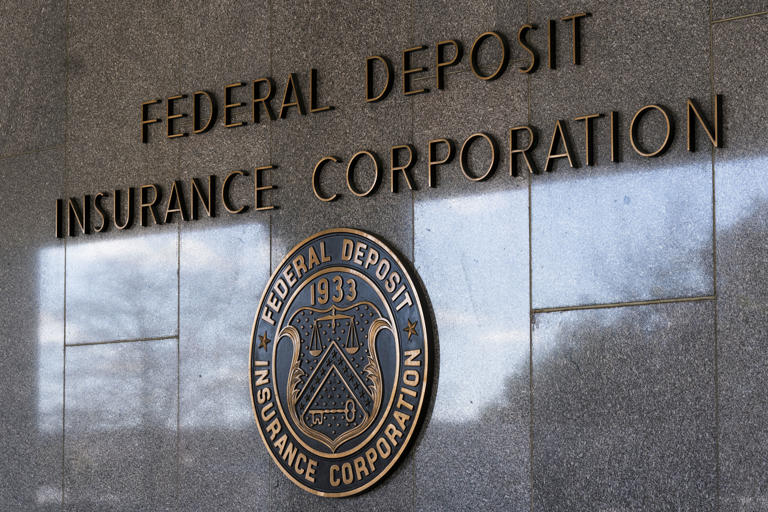The closure of Republic First Bank, a regional lender spanning Pennsylvania, New Jersey, and New York, signifies a pivotal event in the banking landscape. With assets totaling approximately $6 billion and deposits of $4 billion as of January 31, the Philadelphia-based institution, also known as Republic Bank, faced insurmountable challenges, ultimately leading to its seizure by the Federal Deposit Insurance Corp. (FDIC).
In a move to mitigate the fallout, Fulton Bank, headquartered in Lancaster, Pennsylvania, emerged as the rescuer, agreeing to acquire a significant portion of Republic Bank’s assets and deposits. This strategic acquisition not only ensures the continuity of banking services but also underscores Fulton Bank’s commitment to providing stability and support to Republic Bank’s clientele. As part of the transition, Republic Bank’s 32 branches are set to reopen under the Fulton Bank banner, offering reassurance to depositors and maintaining access to essential banking services without disruption.
The FDIC’s estimate of a $667 million cost to the deposit insurance fund reflects the financial ramifications of Republic First Bank’s closure. This substantial sum underscores the significant impact of bank failures on the broader financial ecosystem and underscores the need for prudent risk management and regulatory oversight within the banking sector.
Republic First Bank’s demise marks the first FDIC-insured institution to fail in the United States this year, serving as a stark reminder of the challenges facing regional and community banks amid evolving economic dynamics. Factors such as rising interest rates and declining commercial real estate values, particularly in sectors like office space, have exacerbated financial vulnerabilities for many banks. Loans tied to devalued properties pose significant obstacles to refinancing, amplifying the financial strain on institutions already grappling with economic headwinds.
The recent rescue of New York Community Bancorp by an investor group, including former U.S. Treasury Secretary Steven Mnuchin, exemplifies efforts to stabilize distressed banks and preserve financial stability. With over $1 billion injected into the bank, the rescue initiative aims to address weaknesses in commercial real estate and mitigate challenges stemming from the bank’s acquisition of a troubled institution.
In an environment where bank closures are relatively rare during periods of economic strength, the closure of Republic First Bank underscores the unique challenges confronting the banking industry and underscores the importance of proactive measures to safeguard financial stability and protect depositors’ interests.
